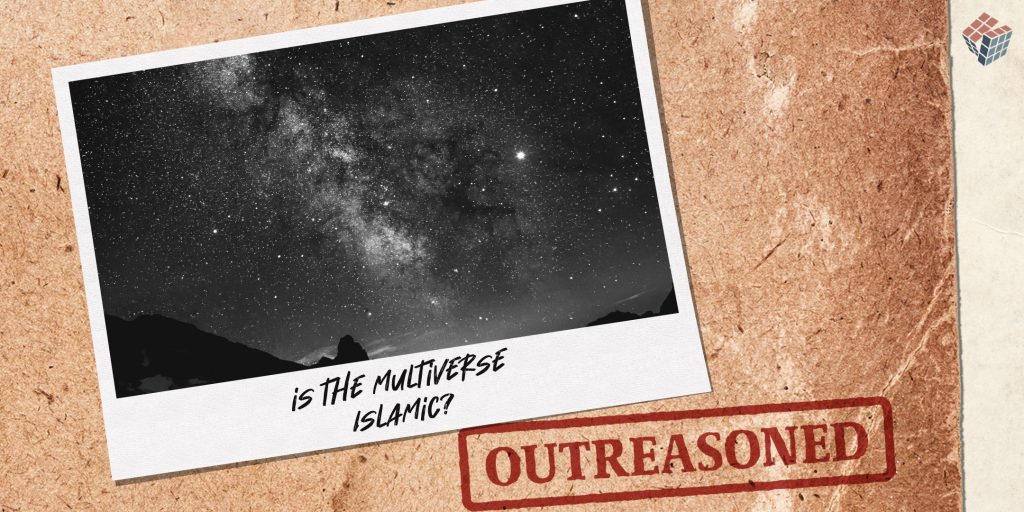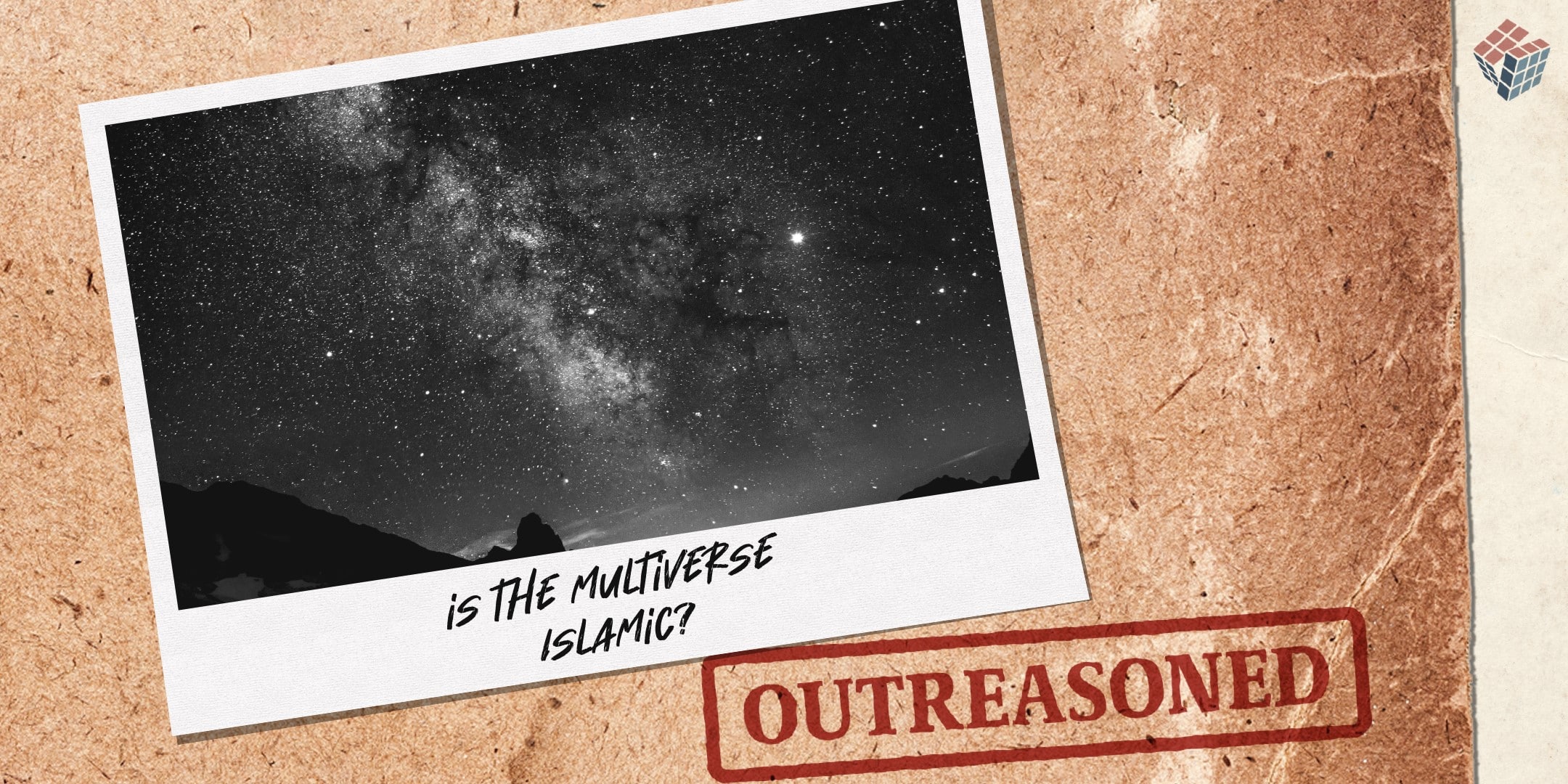
“What’s interesting from the above exchange with Twitter user @islam_et_media (Jahangir Khan, who appears on MTA1 programs) is that he has shot down the idea of a multiverse without realizing that his spiritual superior, Mirza Ghulam Ahmad actually describes exactly that: a multiverse model.“
Reason On Faith
In seeking to explain his position as an Agnostic Deist, Sohail goes on a detour, and highlights an exchange between himself and Maulana Jahangeer Khan, missionary of the Ahmadiyya Muslim Community.
The missionary argues that concepts such as the multiverse, which are used by many atheist cosmologists to explain away the fine tuning of the universe, are nonsense. Sohail (Reason on Faith) lambasts the missionary by alleging that the founder of the Ahmadiyya Muslim Community himself spoke favorably of a multiverse model.
But is Sohail right?
Refutation
The missionary was, in fact, in the right. The multiverse concept as commonly understood does refer to a model in which millions of universes exist, that is true. But it does not refer to a universe in which millions of life-permitting universes exist. The difference may seem minimal, but it is absolutely pivotal.
The universe is some 13 billion years old. That means that we can only see of the universe a distance of 13 billion light years. That sounds like a lot – well, it is – but it isn’t the whole universe. The universe has expanded so rapidly since the Big Bang, that 13 billion light years only enables you to see a small fraction of the total universe. The Multiverse concept asserts that beyond the rim of this observable universe, the universe – in this case, now called the “Multiverse” – looks different and crucially, it asserts that the “fine-tuning” of the laws of nature that permit life to exist in our 13 billion light year patch, don’t necessarily apply in other parts of this “Multiverse”. It asserts that perhaps those other parts of the Multiverse have completely different laws of nature. So far, so weird. But it gets even stranger. When coupled with the Anthropic Principle, the Multiverse becomes a weapon in the hands of atheists. But don’t fret, the fallacies in the Anthropic Principle are explained in my article: The Anthropic Principle, Dismantled.
The key point for our discussion is simple: The Multiverse concept asserts the existence of multiple universes, only a tiny, tiny, tiny fraction of which are thought to be life-permitting by virtue of their laws of nature accidentally being at the perfect values. The rest of the universes are effectively junk universes, from the perspective of fine-tuning.
Is this what the Promised Messiahas asserted when he spoke of multiple universes? Not at all. While indeed he spoke of a God who has created innumerable universes, the similarity ends there. In his own words:
It is clear that once one accepts that God is eternal and timeless, one must also accept that God’s creation has always existed in one form or the other, and that because of the eternal manifestations of God’s eternal attributes a whole universe has at times been disappearing into the realm of non-existence and, at times, one universe has been appearing in place of another. Furthermore, no one can count how many universes God has withdrawn from the world and replaced them with others.
The Criterion for Religions, Hazrat Mirza Ghulam Ahmad (as), p.17
It is clear from this that he is writing of such a God who has created innumerable life-giving universes, all of which are finely tuned for the purposes He has in mind. He makes this explicitly clear by reflecting on God’s Eternal nature, and thereby concluding that “God’s creation has always existed in one form or the other”. To compare the haphazard mess of the Multiverse, in which fine-tuning is nothing more than an accidental by-product in an attempt to run away from the concept of God, to a system in which God has created innumerable, life-permitting, finely-tuned universes, is to do violence to both concepts, with no regard for justice. To regard the two as equivalent is to demonstrate one’s lack of understanding with regards to both.


